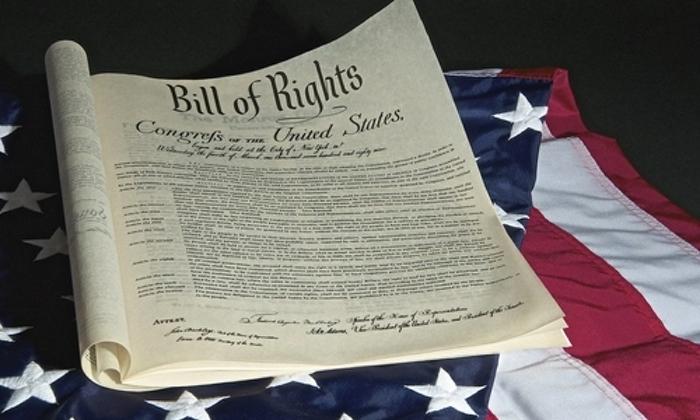Commentary
Take a moment to reflect on the wisdom of the Founding generation of the United States. They gave us a Bill of Rights that included a guarantee of free speech in the First Amendment. They did this because they knew from experience that it was the guarantor of all other freedoms.





